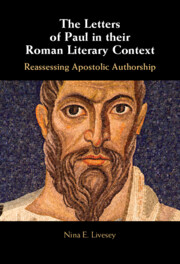A pair of anonymous rhetorical exercises in Greek, dating perhaps to the eleventh century, contain a refutation and a confirmation of the myth of Ganymede, in which the young Trojan shepherd is abducted by Zeus in the form of an eagle to live with him in heaven. This article analyses the opposing arguments about divinity and sexuality in the two exercises, argues that they contain a unique aetiological account of the violet, and situates them in the reception history of Ganymede.

